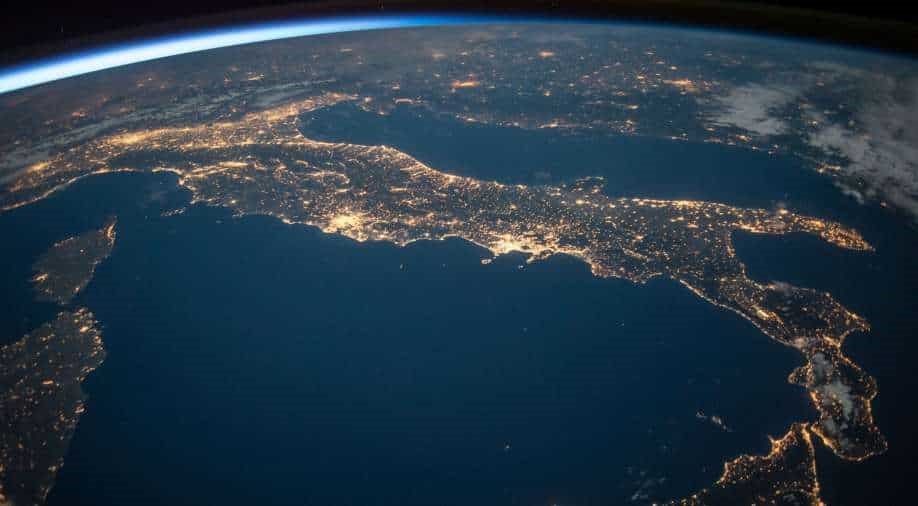
Earth is spinning faster and this can be harmful for us

For busy people scurrying around the clock, the earth seems to be moving fast. This is, however, not just a feeling, the earth is indeed spinning faster.
According to news reports, the earth is rotating faster, and on July 29, the earth completed its rotation in less than 24 hours. In fact, the earth broke its own record for the shortest day, as it completed an entire spin in lesser than 1.59 milliseconds. The day was shorter than the usual 24-hour day by 1.59 milliseconds.
The earlier shortest day on the planet since the 1960s was recorded on July 19, 2020. This time, it was shorter than a usual 24-hour day by 1.47 milliseconds.
In 2021, the globe continued to spin faster but it did not set any new records. But Interesting Engineering (IE), a leading community designed for all lovers of engineering, technology and science, seemed to suggest a 50-year era of shorter days may become a norm and has already flagged off.
Also read: NASA’s surprise: Find out what Hubble Telescope saw on your birthday
Nobody has the answers as yet, as to why the earth is spinning at a differing speed. Some scientists have postulated that less weight on the poles results from the melting of the glaciers; others noted that the molten core of our planet’s interior is moving over time; seismic activity could be another related cause.
Some other scientists have suggested that this is due to the Chandler wobble, which is a little change or departure in the earth’s axis of rotation. ( Think of the wobble you see in a toy top when it first starts spinning or slows down. Its “poles” do not spin in a perfectly straight line) Scientists Leonid Zotov, Christian Bizouard, and Nikolay Sidorenkov have described it as being similar to the quiver one sees when a spinning top starts gaining velocity or slows down.
This may be leading to the earth’s accelerated rate of rotation and the shorter days.
The fallout – introduction of negative leap second
The effect of the earth spinning faster, however, can spell doom for us. The increase in the earth’s rotation speed could result in the introduction of the negative leap seconds, which happens to keep the rate that the earth orbits the Sun consistent with the measurement from atomic clocks.
Also read: Scientists spot triple star system, call it rarest
However, the negative leap second would have potentially confusing consequences for smartphones, computers and communications systems. The leap second can be a risky practice that does more harm than good. IT systems will also be impacted by the negative leap second since a clock typically runs from 23:59:59 to 23:59:60 before restarting at 00:00:00.
A time skip like this can potentially crash programmes and corrupt data due to the timestamps on data storage.
The Independent citing Meta blog pointed out the jump second “primarily benefits scientists and astronomers” but is a “risky technique that does more harm than good.” Meta also said that if a negative leap second occurs, the clock will change from 23:59:58 to 00:00:00, and this can have a “devastating effect” on the software, which depends on timers and schedulers. To solve this problem, international timekeepers may need to add a negative leap second – or what is known as a “drop second”.

